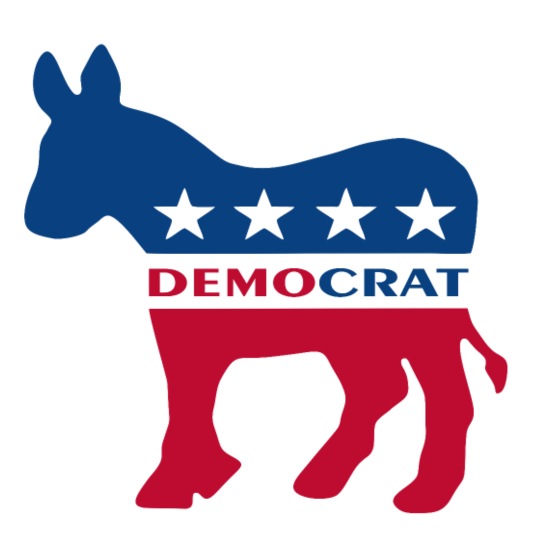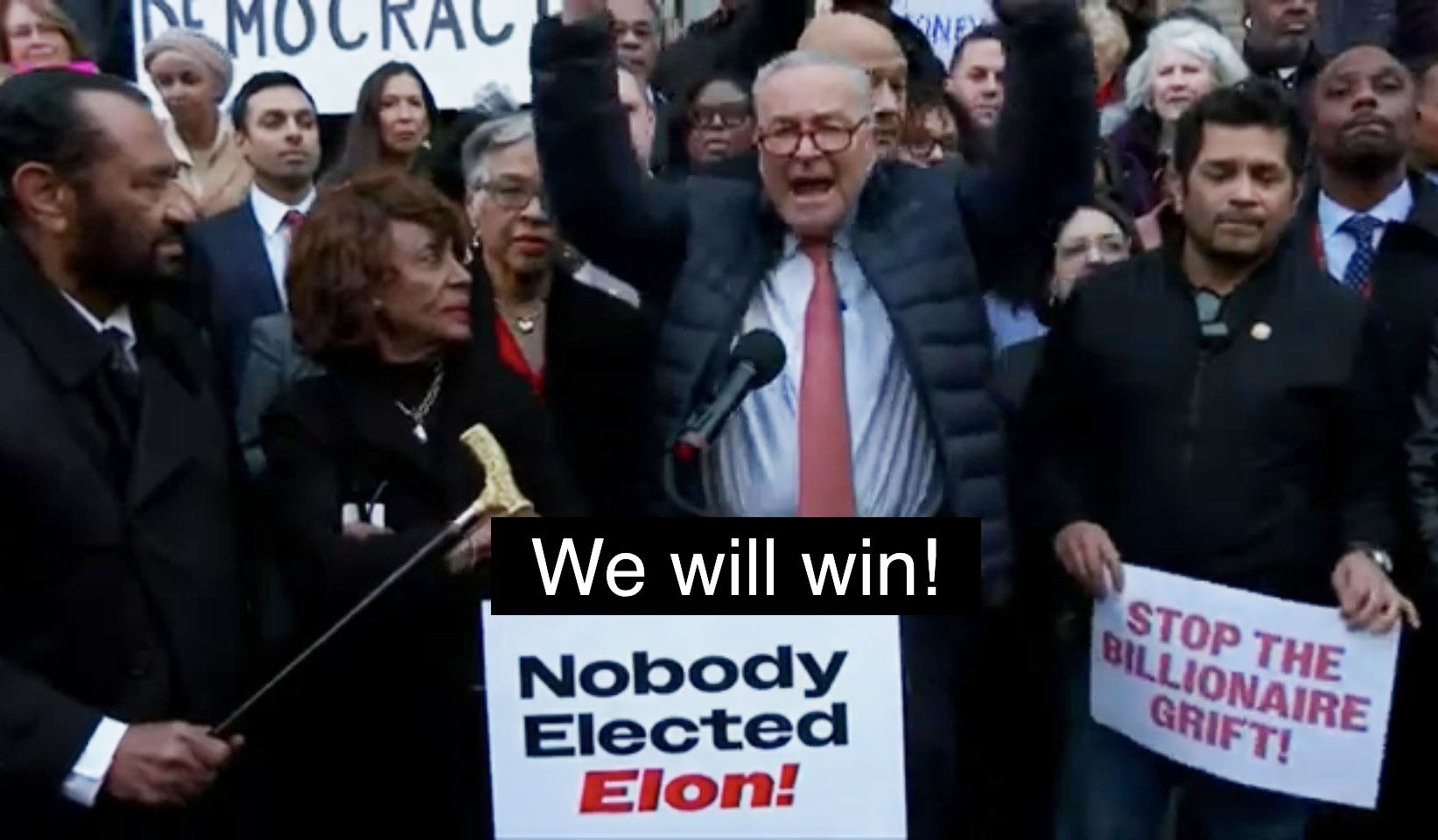As the stigma dissipates, our prevention becomes more effective
By: KATIE HAYES
News Editor
There is a call to end the stigma of drug addiction as a moral failing and, as a nation, we are finally ready to listen.
The War on Drugs attempted to eradicate the production, distribution and consumption of drugs made illegal by the UN.
While this initiative seems sound in theory, practice proved differently.
One thing overlooked by former U.S. President Richard Nixon is that the majority of people considered criminals by our country are truly victims of addiction. Addiction is a type of mental illness, not a crime.
The leading cause of accidental death in the U.S. is drug overdose.
These deaths result mainly from opioid use which includes heroin, oxycodone, hydrocodone, codeine, morphine, fentanyl and others.
Heroin is the drug which kills the most people each year, and the amount of lives it takes increases annually.
The gateway drugs, though, are the ones prescribed by doctors for treating pain; one of these drugs is Vicodin.
Most states have a program in place to ensure patients are not over prescribed these drugs, as they can lead to heroin use.
In Missouri however, we do not have a prescription drug-monitoring program which would prevent opioid use. We are the only state in the country that does not have one.
That is something to think about — out of 50 states, 49 have prescription drug-monitoring programs, we are the one that does not. U.S. Sen. Claire McCaskill is pushing for a program in Missouri, but we do not yet have one in place.
The main point though is that as a nation, we are finally asking candidates about ending an epidemic.
During the 2012 presidential election, citizens talked about the legalization of marijuana more than the drugs that kill their users. Even the candidates attempted to place emphasis on prevention of use as opposed to incarceration.
This time around, America is listening.
With the rate of heroin deaths on the rise, we finally are asking the candidates about drug policy reform.
We have already heard from both the republican and democratic candidates in 2016. Nearly every candidate spoke about viewing drug addiction as a mental illness instead of a crime.
Although opioid use is less stigmatized among Millennials, that stigma recedes only while conversing with each other, not those from separate generations.
The stigma exists, but it exists in our parents’ generation and politics. As the political discussion shifts, our willingness to openly discuss the epidemic and effective means of prevention increase.
This is something we should be proud of. Well done, America.












